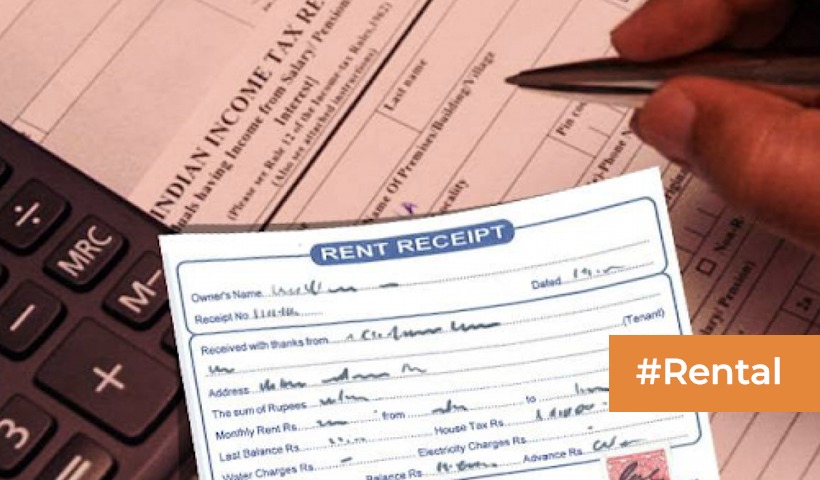A Step-by-Step Guide: How to Fill a Rent Receipt Properly in India
Filling out a rent receipt correctly is essential for both landlords and tenants to maintain accurate financial records and comply with legal requirements. In this comprehensive guide tailored for our Indian audience, we will walk through the intricacies of filling out a rent receipt. From the necessary details to legal considerations, let’s ensure that you are well-equipped to handle this crucial aspect of rental transactions.
Understanding the Importance of Rent Receipts
1. Legal Relevance
Rent receipts serve as legal documents that validate the financial transactions between landlords and tenants. They are crucial for both parties to maintain transparency and fulfill their respective obligations.
Data Point: In India, the Income Tax Act mandates the submission of rent receipts for claiming House Rent Allowance (HRA) exemptions.
2. Financial Records
For tenants, rent receipts are vital for maintaining a record of rent payments. Landlords, on the other hand, rely on these receipts for accurate financial bookkeeping and taxation purposes.
Tip: Always keep a copy of each rent receipt for future reference and potential tax implications.
Components of a Rent Receipt
3. Landlord’s Information
Start by providing the landlord’s details, including their full name and complete address. This information is essential for legal purposes and ensures clarity in the document.
Data Point: Including the landlord’s PAN (Permanent Account Number) is advisable for HRA claims.
4. Tenant’s Information
Include the tenant’s full name and address. Ensure that this information is accurate and matches the details provided in the rental agreement.
Tip: Verify the correctness of the tenant’s details to avoid any discrepancies in official records.
5. Property Details
Specify the address of the rented property. This detail is crucial for identifying the location of the rental premises.
Data Point: Clearly mention the flat or unit number, floor, and any other specific details that define the property.
6. Rent Amount and Period
State the monthly rent amount and the period it covers. Clearly mention whether the rent is inclusive of utilities or if there are separate charges for amenities.
Tip: Clearly define the duration covered by each receipt to avoid confusion during record-keeping.
Legal Considerations
7. Mode of Payment
Indicate the mode of payment used for the transaction, whether it’s cash, check, or online transfer. This information adds another layer of transparency to the financial transaction.
Data Point: Digital payment methods are increasingly popular and offer a convenient and traceable way of handling rent payments.
8. Signatures
Both the landlord and the tenant should sign the rent receipt. Signatures validate the authenticity of the document and confirm that both parties acknowledge the transaction.
Tip: If the landlord is unavailable, an authorized representative can sign on their behalf with proper documentation.
Additional Details
9. Stamp Duty (if applicable)
In some states, rent receipts may require stamping, especially for higher rent amounts. Check the local regulations to determine if stamping is necessary and fulfill the requirements accordingly.
Data Point: Stamp duty rates vary across states, and the threshold for stamping requirements may differ.
10. Acknowledgment of Advance Rent
If the tenant has paid rent in advance, explicitly mention this in the receipt. This prevents any confusion about outstanding payments in the future.
Tip: Clearly state the period for which the advance rent is paid to avoid misunderstandings.
Conclusion
In conclusion, filling out a rent receipt correctly is a fundamental aspect of maintaining a healthy landlord-tenant relationship and fulfilling legal obligations. By understanding the essential components, legal considerations, and additional details involved, both parties can ensure accurate record-keeping and compliance with regulatory requirements.
Disclaimer: The views expressed above are for informational purposes only based on industry reports and related news stories. PropertyPistol does not guarantee the accuracy, completeness, or reliability of the information and shall not be held responsible for any action taken based on the published information.




